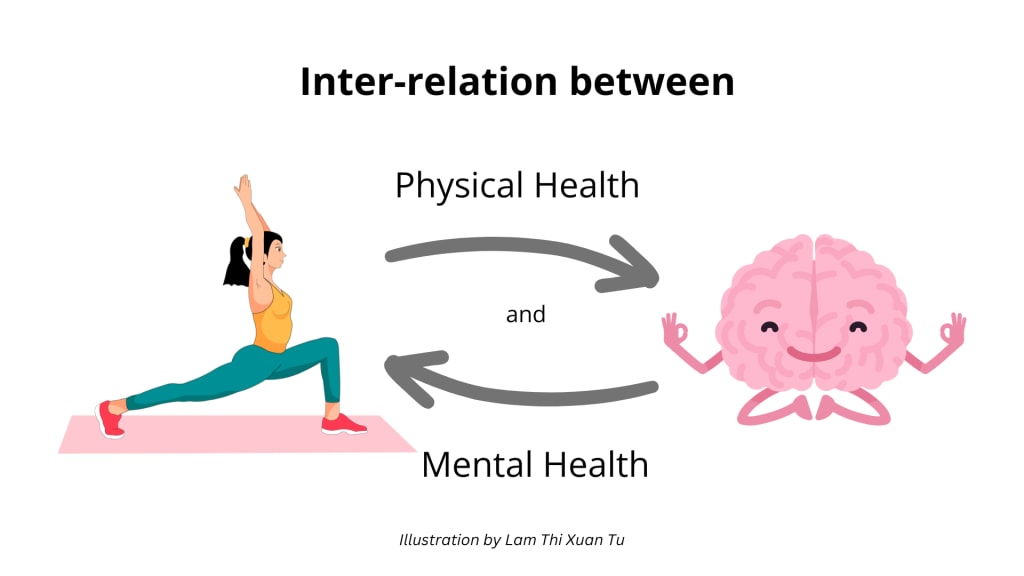The Rise of Ozempic
In recent years, a medication initially developed for the management of type 2 diabetes has captured significant attention, not just within the medical community but also among individuals seeking weight loss solutions. This drug, Ozempic (semaglutide), has become a talking point in social media, news outlets, and healthcare discussions, leading to what some have termed the "Ozempic craze." This article aims to provide a comprehensive and balanced overview of this phenomenon, exploring the reasons behind its soaring popularity, its efficacy and mechanisms, potential risks and side effects, and the broader implications for both individuals interested in weight loss and healthcare professionals. Understanding the nuances of Ozempic and its off-label use is crucial in navigating the complex landscape of weight management.
Understanding Ozempic: Mechanism of Action and Intended Use
Ozempic belongs to a class of medications known as glucagon-like peptide-1 (GLP-1) receptor agonists. These drugs mimic the action of the natural GLP-1 hormone in the body. GLP-1 plays several important roles, particularly in regulating blood sugar levels. It stimulates insulin release from the pancreas when blood glucose is high, inhibits the secretion of glucagon (a hormone that raises blood sugar), and slows down gastric emptying, which can contribute to a feeling of fullness. Ozempic was initially approved for improving glycemic control in adults with type 2 diabetes, alongside diet and exercise, and also for reducing the risk of major cardiovascular events in adults with type 2 diabetes and established cardiovascular disease.
Reasons Behind the "Craze": Why Ozempic for Weight Loss?
The intense interest surrounding Ozempic for weight loss stems from clinical trial data that demonstrated significant weight reduction in individuals taking the medication, even those without diabetes. Several factors have contributed to its widespread popularity:
- Efficacy: Studies have shown that semaglutide, the active ingredient in Ozempic, can lead to substantial and clinically meaningful weight loss compared to placebo and some other weight loss medications. This effectiveness has captured the attention of individuals who have struggled to lose weight through traditional methods like diet and exercise alone.
- Social Media Influence: Anecdotal success stories and endorsements on social media platforms have played a significant role in amplifying awareness and generating interest in Ozempic for weight loss. The promise of a relatively straightforward path to significant weight reduction is highly appealing to many.
- Media Coverage: Mainstream media outlets have extensively covered the use of Ozempic and other GLP-1 agonists for weight loss, further increasing public awareness and fueling demand.
- Accessibility (Perceived): Despite being a prescription medication, the perception that Ozempic is readily available, even for off-label use, has contributed to its "craze" status.
The Science of Weight Loss with Ozempic

The weight loss observed with Ozempic is primarily attributed to its effects on appetite regulation and gastric emptying. By slowing down the movement of food from the stomach to the small intestine, Ozempic promotes a feeling of fullness and reduces overall food intake. Additionally, GLP-1 receptors are present in the brain and play a role in appetite control, further contributing to reduced hunger and calorie consumption. This dual mechanism makes Ozempic a potent tool for weight management in some individuals
.
Potential Benefits and Risks: A Balanced Perspective
While the potential for significant weight loss with Ozempic is a major draw, it is crucial to consider both the benefits and the risks associated with its use, especially for off-label purposes.
Potential Benefits:
- Significant Weight Reduction: Clinical trials have demonstrated substantial and sustained weight loss in many individuals.
- Improved Cardiometabolic Health: Beyond weight loss, Ozempic has shown benefits in improving blood sugar control, blood pressure, and cholesterol levels, which are important factors in overall cardiometabolic health.
Potential Risks and Side Effects:
- Gastrointestinal Issues: The most common side effects of Ozempic are gastrointestinal in nature, including nausea, vomiting, diarrhea, constipation, and abdominal pain. These are often mild to moderate and tend to subside over time, but can be significant for some individuals.
- Rare but Serious Side Effects: While less common, more serious side effects such as pancreatitis, gallbladder problems, and potential thyroid C-cell tumors have been reported in clinical trials.
- Impact on Non-Diabetic Individuals: The long-term effects and safety profile of Ozempic specifically in individuals without diabetes who are using it solely for weight loss are still being studied.
- Cost and Accessibility: Ozempic can be expensive, and insurance coverage for off-label weight loss may be limited, raising concerns about equitable access.
- Supply Chain Issues: The high demand for Ozempic has, at times, led to supply shortages, impacting availability for individuals with type 2 diabetes who rely on the medication for glycemic control.
Ethical and Societal Implications
The "Ozempic craze" also raises several ethical and societal considerations:
- Off-Label Use: The widespread use of Ozempic for weight loss in individuals without diabetes raises questions about the appropriate use of prescription medications and the potential diversion of drugs from their intended patient population.
- Body Image and Societal Pressure: The intense focus on weight loss and the availability of seemingly "easy" solutions can exacerbate societal pressures related to body image and contribute to unrealistic expectations.
- Long-Term Sustainability: It is important to understand that Ozempic is not a magic bullet, and sustained weight management typically requires lifestyle modifications, including diet and exercise, in addition to medication. The long-term adherence and potential for weight regain after stopping the medication are important considerations.
- Healthcare Professional Guidance: The role of healthcare professionals in appropriately prescribing and managing Ozempic for both diabetes and weight loss is crucial. Thorough patient evaluation, discussion of risks and benefits, and ongoing monitoring are essential.
Conclusion: Navigating the Ozempic Landscape
The "Ozempic craze" reflects a significant interest in effective weight loss solutions. While Ozempic has demonstrated promising results in both glycemic control and weight management, it is essential to approach its use with a balanced perspective. Individuals considering Ozempic for weight loss should consult with their healthcare professionals to discuss their individual health status, potential risks and benefits, and alternative weight management strategies. Healthcare professionals need to stay informed about the latest research and guidelines regarding the use of GLP-1 receptor agonists and ensure responsible prescribing practices. Ultimately, a comprehensive approach to health that includes lifestyle modifications, alongside appropriate medical interventions, when necessary, remains the cornerstone of sustainable well-being.
share with

Mesha M. Founder
"Explore a world of inspiration and empowerment at RealtimeArticles. Dive into our curated articles for insights, reflection, and shared growth. Join our community on a journey of discovery and evolution!"





Comments
Coming Soon!
POST YOUR COMMENTS